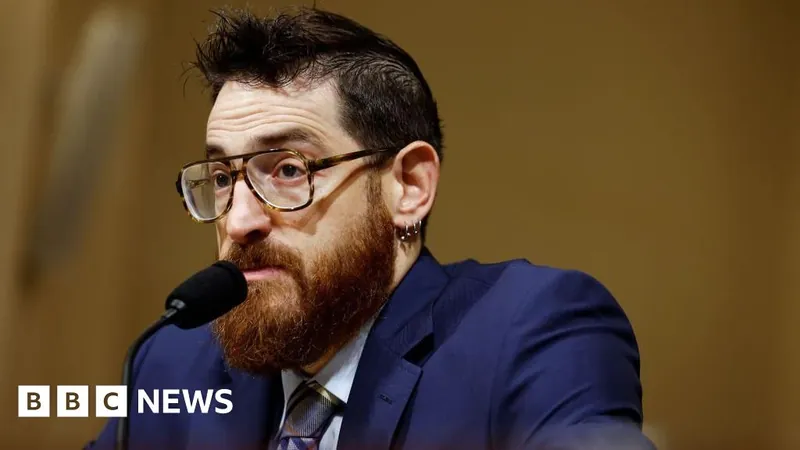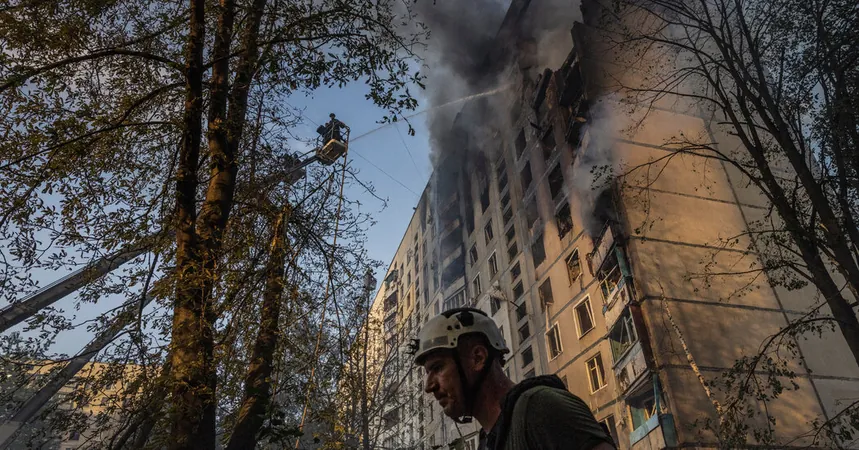
CrowdStrike CEO Apologizes to Congress: "We Will Prevent Another Global IT Catastrophe!"
2024-09-24
Introduction
In a historic congressional hearing, CrowdStrike, a prominent cybersecurity firm, faced intense scrutiny for its involvement in a catastrophic global IT outage that occurred on July 19. The incident led to millions of PCs being rendered unusable, disrupted payment services, grounded flights, and caused hospitals to cancel appointments and delay surgeries.
Congressional Hearing
Adam Meyers, a senior executive at CrowdStrike, appeared before the House of Representatives cybersecurity subcommittee, expressing the company's deep remorse over the chaos caused by a faulty software update. "We are deeply sorry for the outage that affected millions, and we are wholly committed to ensuring that this does not happen again," Meyers stated.
The 'Perfect Storm' of Errors
The congressional committee labeled the incident a "perfect storm" of errors. Lawmaker Mark Green cautioningly noted, "A global IT outage that impacts every sector of the economy is a catastrophe we would expect to see in a movie," likening the fallout to a meticulously executed attack by a nation-state hacker. He emphasized the gravity of the situation, pointing out, "Instead, the largest IT outage in history was due to a simple mistake."
Challenges Faced by CrowdStrike
Throughout the 90-minute hearing, lawmakers challenged Meyers on how such a significant error could occur and questioned the safeguards CrowdStrike had in place. One critical point of discussion revolved around whether their software should have access to vital components of operating systems. In response, Meyers asserted that the company continually monitors and fortifies its systems against potential vulnerabilities.
The Role of AI in Cybersecurity
The conversation also touched on emerging technologies, particularly artificial intelligence (AI). Congressman Carlos Gimenez inquired about the risks associated with AI potentially creating malicious code. While Meyers acknowledged that AI technology is advancing rapidly, he contested that the technology is not yet capable of executing such attacks effectively. Importantly, he clarified that AI was not to blame for the erroneous update that triggered the outage.
Legal and Financial Fallout
In addition to governmental oversight, CrowdStrike faces numerous lawsuits from individuals and businesses affected by the July incident. Many victims reported significant personal and professional consequences; some expressed frustrations that the outage "totally ruined" their holidays and caused extensive financial losses. Notably, Delta Airlines stated it suffered approximately $500 million in losses due to flight cancellations triggered by the situation, citing CrowdStrike's negligence as a contributing factor.
Conclusion
Despite the severity of the inquiry, Meyers received a somewhat tempered reception. House representatives, including Eric Swalwell, indicated that the committee was not there to tarnish the firm's reputation but rather to foster collaboration to prevent future incidents. The overarching focus of the hearing was on learning from the event and implementing robust measures to secure the nation’s cybersecurity landscape.
As CrowdStrike navigates the aftermath of this incident, it remains evident that vigilance and accountability in cybersecurity have never been more critical. Will this be the wake-up call the industry needs to avert future disasters? Only time will tell.



 Brasil (PT)
Brasil (PT)
 Canada (EN)
Canada (EN)
 Chile (ES)
Chile (ES)
 España (ES)
España (ES)
 France (FR)
France (FR)
 Hong Kong (EN)
Hong Kong (EN)
 Italia (IT)
Italia (IT)
 日本 (JA)
日本 (JA)
 Magyarország (HU)
Magyarország (HU)
 Norge (NO)
Norge (NO)
 Polska (PL)
Polska (PL)
 Schweiz (DE)
Schweiz (DE)
 Singapore (EN)
Singapore (EN)
 Sverige (SV)
Sverige (SV)
 Suomi (FI)
Suomi (FI)
 Türkiye (TR)
Türkiye (TR)